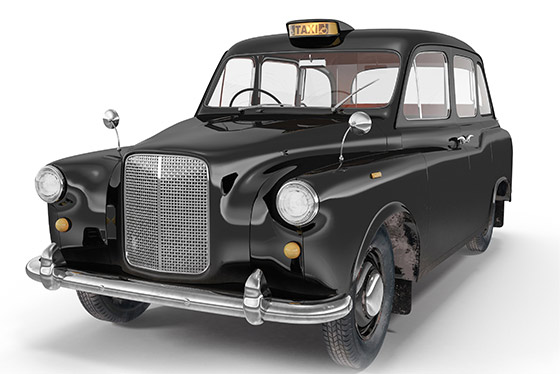What is full coverage car insurance and what does it include?
Ankita was looking for vehicle insurance that offers her vehicle maximum coverage. She wanted to ensure that her car is covered for most incidents that occur on and off the road. She came across the full coverage car insurance policy when she was reviewing various types of car insurance and bought it online as soon as she could.
You must be wondering what full coverage car insurance offers that other types of motor insurance doesn’t. Let’s take a look.
Full coverage car insurance is a combination of insurance coverages that financially protect a driver for damages to their vehicle, the occupants of their vehicle, and other vehicles and passengers in an accident. Full coverage four-wheeler insurance policies cover both liability and property damage to one’s own vehicle.
A full-coverage four-wheeler insurance policy can cost twice as much as state-mandated insurance and provide greater protection. In every possible circumstance, no four-wheeler insurance policy can cover a vehicle, but full coverage car insurance protects their customers in most cases.
What Is Full Coverage Car Insurance?
Full coverage car insurance is used to describe a combination of coverage types that protect both people or property involved in an accident. Full coverage policy must cover liability coverage and also cover comprehensive and collision coverage as well, though it may include more depending on additional coverage needs. With deductibles, maximum benefits, and other limits applied, you’re not covered under every possible aspect of every accident.
What Does Full Coverage Car Insurance Typically Include?
Here are the four following coverages that include in Full coverage car insurance:
- Liability Insurance- It covers the other party’s injuries and repairs costs in the event of a covered accident in which found at fault.
- Collision insurance- In a collision, it covers damage to your vehicle if you are found at fault, but the other party’s vehicle or anyone’s bodily injuries do not cover collision insurance.
- Comprehensive insurance- It covers damages to your vehicle that are not caused by a collision with another car including accidents related to weather, theft, fire.
- Bodily injury liability- It covers medical bills in the event of bodily injury sustained in an accident with other people where you were at fault.
How much is Full coverage Car insurance?
“Full coverage” is not offered by insurance providers in the real sense of the word, but they offer a car insurance package that protects you in many incidents on and off the road. Naturally, you select more coverages, and your monthly bill is also higher. However, there are still many variables that affect your insurance costs, it includes:
- Your age
- Your location
- Your driving record
- The kind of car you drive
- The policy type you choose
- Your deductible
- Your policy limit
How to make Full Coverage Car Insurance more affordable?
Full coverage is more affordable and expensive also. There are many things that you can save on your yearly bill. The first is on your collision and comprehensive coverage you need to control your deductible. While the deductible is lower, you will pay more every month. If you save money in your savings account for your deductible, maybe you can raise it a bit and easily pay monthly payments.
The second thing is to make sure that you may qualify if you apply for any discounts. Insurance companies provide a 20% discount for a variety of different reasons. Whether you’re a good student or a safe driver, who has taken a driver’s education course, or you can transfer your car policy with another insurance policy, it can save over 20% on the combined discounts on your yearly bill.
The last thing is to make full cheaper coverage to shop around. In any area, there are various companies competing for your business, and they have their own different prices. If you get the best full coverage car insurance plan, you are comparing quotes from several companies.
What Does Full Coverage Car Insurance Pay For?
Full coverage car insurance typically covers:
1. Up to the limits of your policy the damage you cause to others.
2. If you are at fault for damage to your car, it is deductible determined in your policy up to the fair market value, or if the other driver does not have insurance involved in the accident.
3. Natural disasters or theft cause damage.
4. Medical treatment payment for you and your passengers if you are at fault.
5. Injuries caused by an uninsured driver hits you and your passengers.
What Doesn’t Full Coverage Car Insurance Pay For?
In most cases, mentioned below does not cover under full coverage car insurance:
1. Street racing damage
2. Off-Road driving Damage
3. In a car-sharing program use of the vehicle
4. Catastrophes, such as war
5. By government or civil authorities destruction to the car or confiscation
6. For delivery purposes business use of the vehicle
7. Intentional damage
Conclusion
Always remember that full coverage car insurance is not a type of policy, but it is a combination of insurance coverages. The main types of full coverage car insurance are liability, comprehensive, and collision, but many others to help protect your finances if you are responsible for an accident. If you have a loan or lease on your vehicle full coverage is required. It is a good idea to better protect your finances.





























